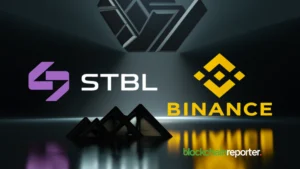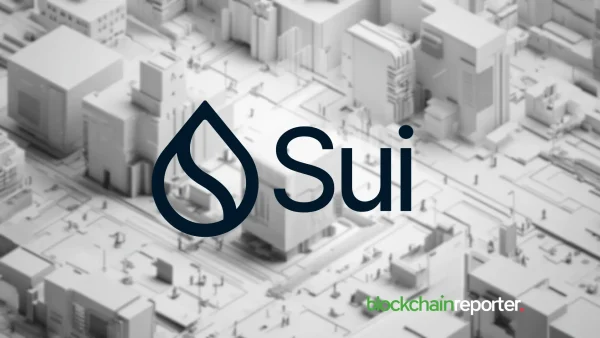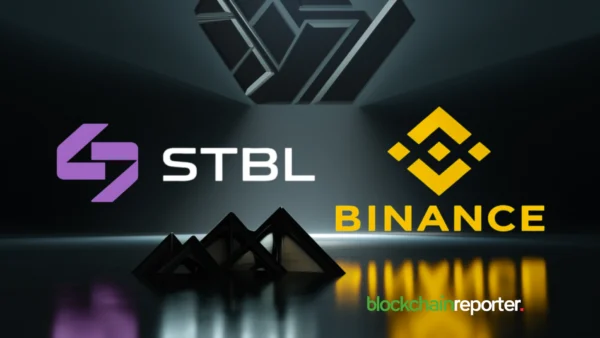

Photo by Shubham Dhage on Unsplash
Digital identity is now one of the most significant elements of contemporary life because it influences not only the way we use services but also the level of safety for our personal data. The question has always been how to make this process safe and easy, and blockchain has come in as a potential solution. It is defining the future of online identity by providing decentralised systems that give individuals greater control over their data.
Frictionless Logins
Frictionless logins are one of the most obvious examples of how blockchain is already transforming digital identity. These enable users to log in without using endless passwords or providing more personal information than is required. This is not only a matter of convenience but also of security, as information stored on a blockchain is far more difficult to manipulate.
This has even begun to enter online pokies, where accessibility is paramount and secure access is essential to the players. According to iGaming expert Viola D’Elia’s full review, platforms that integrate blockchain logins also stand out for their high payout percentages, the latest game mechanics, and fairness. When this technology can provide players with safety and ease of use in the form of pokies, it demonstrates the strength of blockchain-based identities in any industry.
Enhanced Security
Security has been the central topic of the discussion of digital identity, and blockchain is a major advancement. The system is decentralised, and therefore, hackers cannot easily attack a single central database to access millions of accounts. Rather, information is spread over a network, and it becomes extremely difficult to execute breaches.
This has significant consequences for industries where personal and financial data is sensitive, such as banking or government services. An individual might be identified without necessarily disclosing personal information, and this minimises the chances of identity theft. This type of security is becoming more topical than ever to all who have witnessed data or security breaches in various organisations in recent years.
Greater User Control
The other manner in which blockchain is transforming digital identity is by providing users with greater control over their personal data. Currently, the majority of the population trusts big corporations to keep and handle their personal information. This forms a dependency, and in most cases, individuals do not have much control over the use or sharing of their data.
Blockchain reverses this paradigm by enabling people to store their identity in digital wallets. They are then able to decide when and how to share it, only disclosing the portions required in certain interactions. For example, showing that you are over 18 to enter a site without providing your complete date of birth or address. This selective sharing may make online communication more secure and confidential.
Streamlined Services
In addition to individual gains, blockchain-based identities simplify the work of businesses and service providers. The process of user verification is quicker and more accurate, and less time is wasted on paperwork or manual verification. This has already been piloted in such fields as travel, where digital passports might be used to accelerate the airport experience, and in healthcare, where records might be shared safely across providers.
To ordinary Australians, this may translate to easier dealings with government services, insurers, or even in the process of taking loans. Verified blockchain identities may serve as a trusted shortcut instead of completing the same forms over and over again.
The Road Ahead
Although blockchain-based identities are a prospect, there are obstacles to be overcome. The regulations, interoperability of various systems, and the necessity of mass adoption are all factors that will influence the rate at which this technology will spread. Nevertheless, the possible advantages are obvious, and even such industries as gaming or finance are already demonstrating what can be done when digital identity is safer, easier, and more user-friendly.









